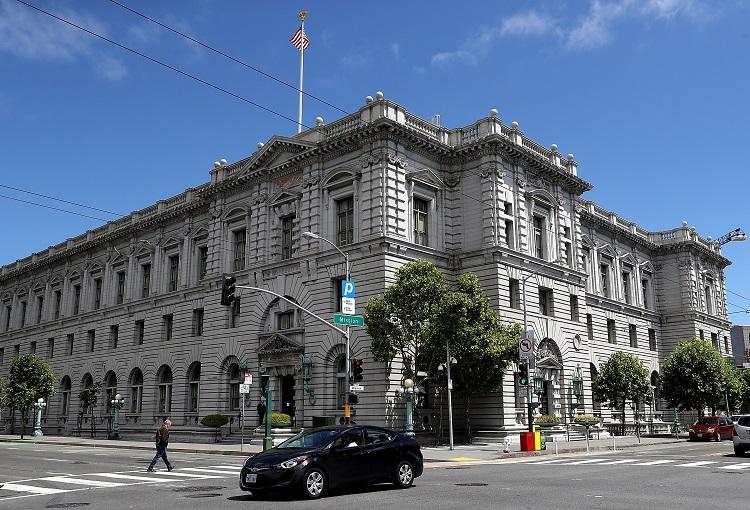A federal appeals court has blocked the Trump administration from enforcing an immigration policy that requires asylum-seekers to wait in Mexico while they wait for a court to process their claims.
The U.S. Court of Appeals of the 9th Circuit ruled 2-1 on Friday to uphold a preliminary injunction issued by a lower court that puts a hold on one of the administration’s key immigration policies—the Migrant Protection Protocols (MPP)—aimed at ending loopholes in the current “catch and release” policy, under which asylum seekers are released into the interior of the country as they await a court hearing, often never to be seen again. The injunction would remain in place while the case plays out in the courts.




